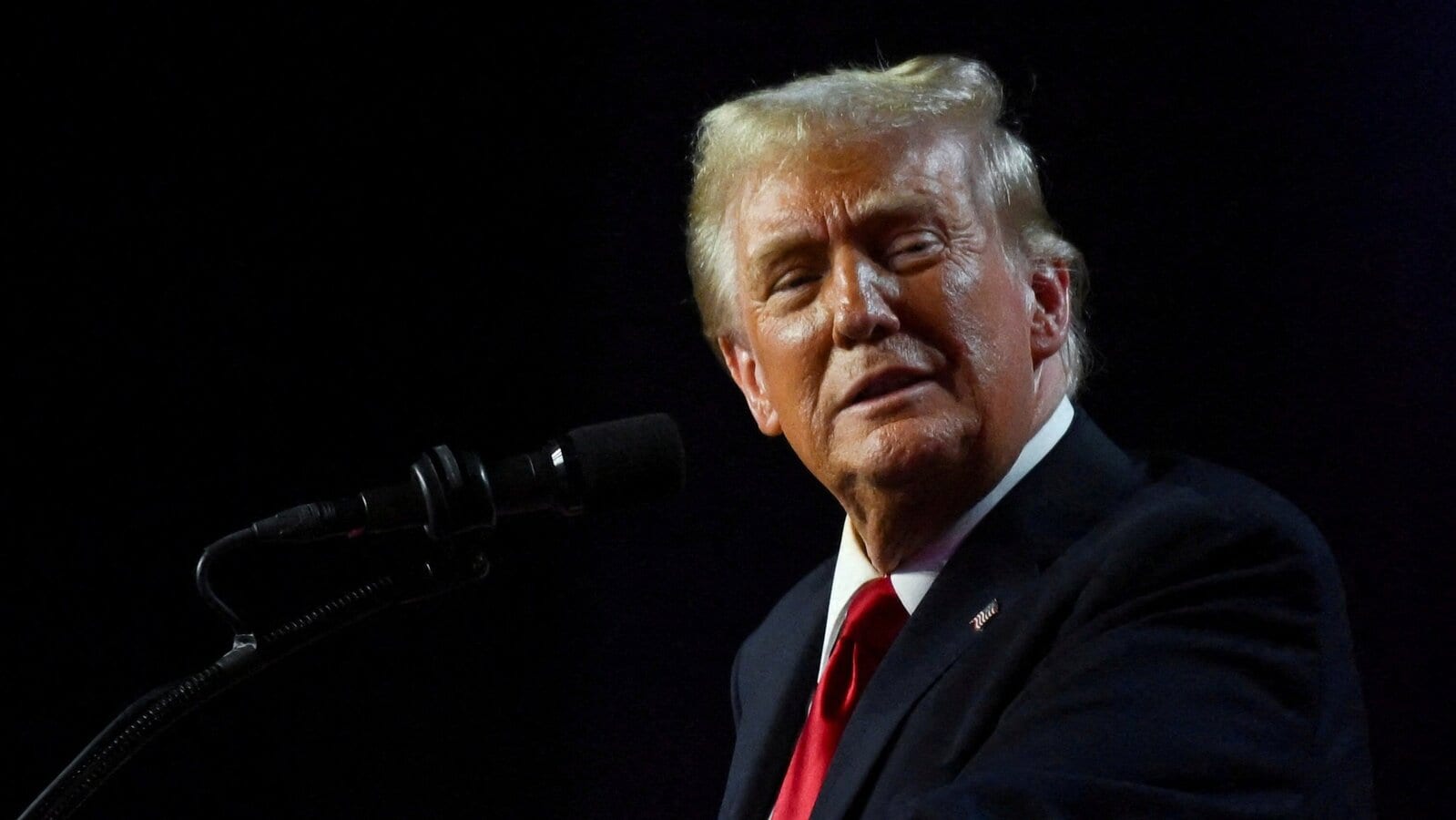US Election Uncertainty Hits Emerging Markets, Including India

As 2024 comes to a close, the world is bracing for uncertainty in the wake of Donald Trump's election as US president. This uncertain economic landscape has significant implications for emerging markets like India.
President Truman once famously asked for a "one-handed economist" because economists were often indecisive by saying both sides (or alternatives) of an argument. Similarly, many economists now have two-handed theories when it comes to what the world economy holds in store.
For India, this uncertainty is particularly problematic. Emerging markets like India are accustomed to unpredictability but pay a high price when volatility is prolonged. The past few weeks have already seen the rupee slide and foreign money flow out of the country.
Two key areas of uncertainty come into play: the US dollar and foreign inflows. The steep rise in the trade-weighted dollar index since Trump's victory, driven by speculations about tariffs on Mexico, Canada, and China, has led to a drop in the rupee-dollar rate. However, some argue that the dollar is overvalued and needs to weaken for US exports to remain competitive.
On the foreign investment front, debt inflows surged when the US Federal Reserve cut rates but are likely to taper off as yields on Indian bonds are expected to decline. Conversely, a report by investment firm PIMCO suggests emerging markets like India offer risk diversification benefits due to unique economic features and distinct policy responses, which can lower overall volatility.
Another factor is the growing uncertainty over global GDP growth and inflation. A trade war could reduce global GDP by up to 7%, potentially hurting India's export and GDP growth. Conversely, trade diversion from China to India may benefit Indian exports if they adopt similar strategies as Vietnam has in recent years.
Finally, policy decisions made by financial regulators like the Reserve Bank of India (RBI) must navigate this uncertainty carefully. The RBI recently made a decision to fix economic pressing problems while still avoiding being seen as too accommodating or too restrictive, effectively striking a middle ground.
These competing views will influence what shape the global economy's future takes in 2025 and beyond. Only time will tell which way things are headed and whom of these various theories holds sway.
